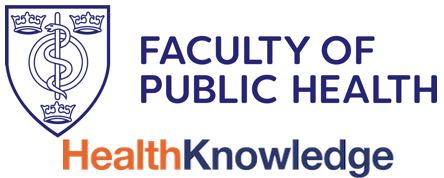PLEASE NOTE:
We are currently in the process of updating this chapter and we appreciate your patience whilst this is being completed.
Changes can occur in an individual’s DNA sequence as a result of a mutation in a single gene, mutations in several genes, or damage to chromosomes. There can also be changes in gene expression through epigenetic changes or an interaction between genes and the environment. Genetic disorders can then result from such abnormalities. These diseases were originally thought to be rare and limited in number, but research has shown that the majority of human diseases are thought to have a genetic component.
Identifying genetic mutations and determining associations with diseases can identify people at an increased risk of developing certain diseases. This is, therefore, of key importance in public health to target preventive action and it also offers the possibility of developing treatments that are tailored to the individual.
This section of Health Knowledge provides an overview of human genetics and association with disease development.
@ Public Health Genetics Unit 2006, H Green 2017
